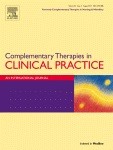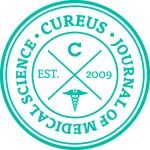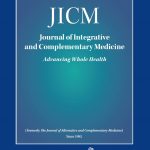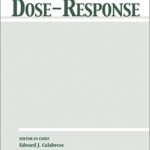Engin Şenel
Evolution of homeopathy – A scientometric analysis of global homeopathy literature between 1975 and 2017
Compl Ther Clin Pract, 2019, 34, 165-173

Objective – Scientometrics is the evaluation of scientific literature in a certain field. Although popularity and use of homeopathy have increased in the recent years, scientific literature lacks a bibliometric or scientometric evaluation of homeopathy literature. Methods – We collected all data of this study from four databases provided by Web of Science. All documents published between 1975 and 2017 were included. The keywords we searched for in detail were “homeopathy”, “homeopathic”, “homoeopathy” and “homoeopathic”. We used Spearman’s correlation test to investigate a possible correlation between publication numbers or the productivity and features of the countries. We created infographics and infomaps by using GunnMap and VOSviewer sources. Gross domestic product (GDP) ranking data of countries was procured from The World Data Bank. Results – Our search retrieved a total of 4183 articles. The great majority of documents were original articles (n = 3043, 72.75%). The UK dominated homeopathy literature with 950 articles followed by the USA, Germany, India and Brazil (n = 636, 590, 277 and 246 items, respectively). Switzerland was found to be most productive country (20.41) followed by the UK, Norway and Israel (14.35, 11.31 and 8.41, respectively). University of Exeter (UK) was the leading institutions with 204 items (4.88%). Most productive journal was Homeopathy dominating and covering 24% of all literature. We detected very high correlation between publication number and citation number by year (r = 0.95, p < 0.001). A high correlation was measured between gross domestic product (GDP) per capita and productivity of the countries. A moderate correlation was measured between GDP and publication number of the countries (r = 0.66 and p < 0.001). In scientometric network analysis, the USA, the UK and Germany were noted to be three major association centers. Conclusions – We detected that developed countries dominated homeopathy literature and we suggest that physicians from least-developed and developing countries should be funded and encouraged to carry out ho- meopathy studies.








Lascia un commento
Devi essere connesso per inviare un commento.